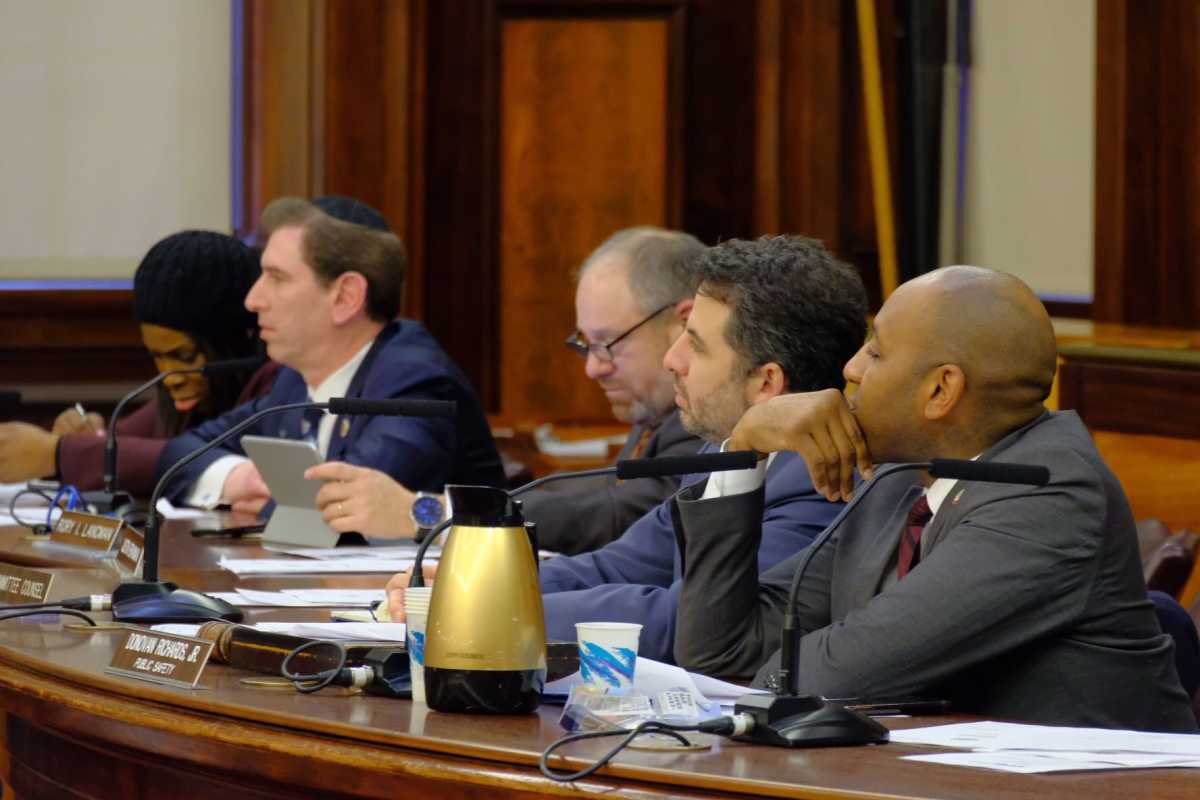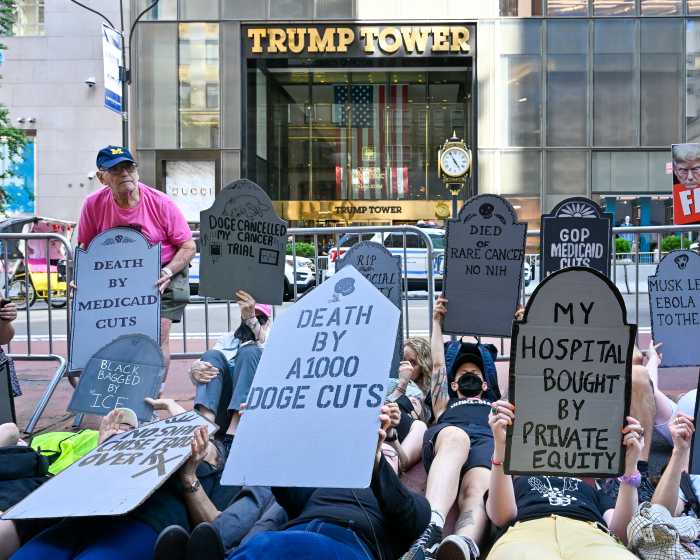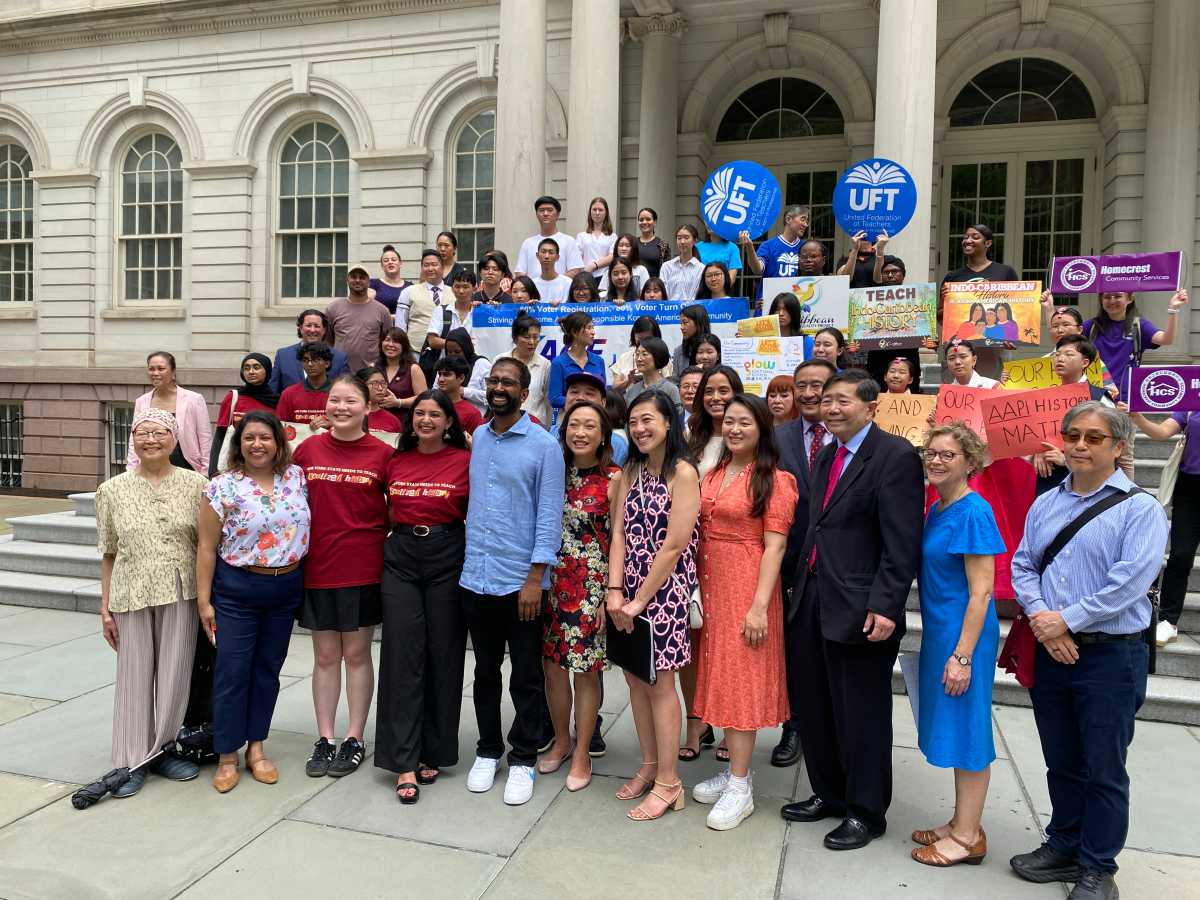The City Council’s Public Safety Committee brainstormed with NYPD and the Office for the Prevention of Hate Crimes officials on Monday about how law enforcement can change the way it responds after data showed a surge in hate crimes last year.
With about 428 hate crime incidents in 2019, according to NYPD Chief of Crime Control Strategies Michael LiPetri, the City Council is considering the merits of a bill to amend the City Charter which would require OPHC to make a more “individualized response” to hate crimes and address the affected community within 24 hours.
LiPetri stated that the majority of these incidents were swastika-related — something that trended slightly higher in January 2020.
“As far as statistics in 2019, we did see an increase in hate crime with 428 versus 356 for an increase of 20%,” LiPetri said.
Anti-Semitic hate crimes accounted for 55% of the crimes, 234 total. Most of these incidents, 77% in all, were property related, such as vandalism.
With the OPHC only being in existence in the beginning of 2019, OPHC Executive Director Deborah Lauter said that although the office only has a headcount of 7, she believes hiring additionally employees would not be necessary. OPHC receives help from other offices in the administration, such as the Mayor’s office of Criminal Justice.
If the public is hoping 2020 will be a better year, they may be disappointed in the current statistics as have registered with NYPD so far.
When January 2019 is compared to 2020, hate crimes are on a downward trend, LiPetri said. But only by two incidents, 43 as of Feb. 1, as opposed to 45 last year.
Councilman I. Daneek Miller questioned if there was demographic data pertaining to perps in hate crime incidents, but Lauter could only point to data of who is being victimized and where.
“There has been no overall pattern as to who’s been perpetrating the swastikas, but that being said, we can show that certain neighborhoods have been targeted,” Lauter said.
One of the more problematic aspects of the bill discussed during the public comments period was language in the bill that acknowledged an individual’s constitutional right to free speech — it also mentions the limits for the government to limit hate speech that incites violence.
The bill suggests that hate speech accompanied by a crime should be taken into account when prosecuting.
“However, the First Amendment is not absolute. Speech that is likely to incite imminent violence is not protected,” the bill’s text reads. “And conduct that is criminal is not made less criminal because the perpetrator expressed opinions that are otherwise protected under the First Amendment.”
The bill, Intro. 1847-2020, has not been scheduled to go before a full Council vote for passage.




































